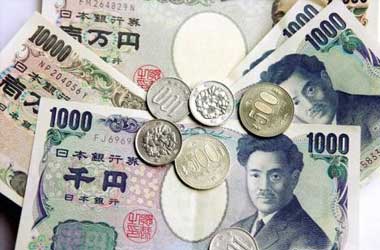 PayPal recently announced that it had received an order from the Federal Court of Canada to submit all business customer account information dating from Jan 2014 till the date the order was received – which is November 10, 2017. The company has 45 days to submit this data to the Canada Revenue Agency (CRA) who will then examine the data and continue their crackdown on the underground economy in the country.
PayPal recently announced that it had received an order from the Federal Court of Canada to submit all business customer account information dating from Jan 2014 till the date the order was received – which is November 10, 2017. The company has 45 days to submit this data to the Canada Revenue Agency (CRA) who will then examine the data and continue their crackdown on the underground economy in the country.
PayPal which has over 6 million active users in Canada has confirmed that only commercial account data has been requested and no personal account information will be shared.
The company will have to provide the CRA with names, contact information, date of birth and in certain cases even the social insurance numbers. PayPal has confirmed that this request forinformation is a one-time order only.
The United States has procedures in place which requires PayPal to submit information on all customers who have processed more than 200 transactions each year or processed more than $20,000 in value. No such procedures have been imposed in Canada and that is one of thereasons why the CRA suspects that there could be a large number of Canadians who have avoided paying taxes on their income for a number of years.
In a statement, the CRA said
The information obtained through the unnamed persons requirement will allow the CRA to ensure that these corporations comply with their tax obligations under the Income Tax Act. The CRA has considerably stepped up efforts to identify individuals and businesses that do not file tax returns and to settle their files
Craig Burley who works as a tax lawyer in Hamilton said that it is quite normal for tax agencies to request information on certain corporations and individuals but this was the first time that the CRA had requested such a vast information dump as it seeks to cast a wide net to target both corporations and individuals who have been evading paying their taxes. Burley called it a watershed moment for the CRA and says that anyone who had not disclosed their taxes from 2014 will face a lot of problems with this crackdown.
Canadians who have processed more than $30,000 in transactions should be registered in order to remit and collect GST. Those who haven’t followed this protocol and get caught in the crackdown will have to pay their outstanding taxes along with a fine and interest on the same. If the CRA determines that the tax evasion was deliberate, they could also be hit with criminal charges.




